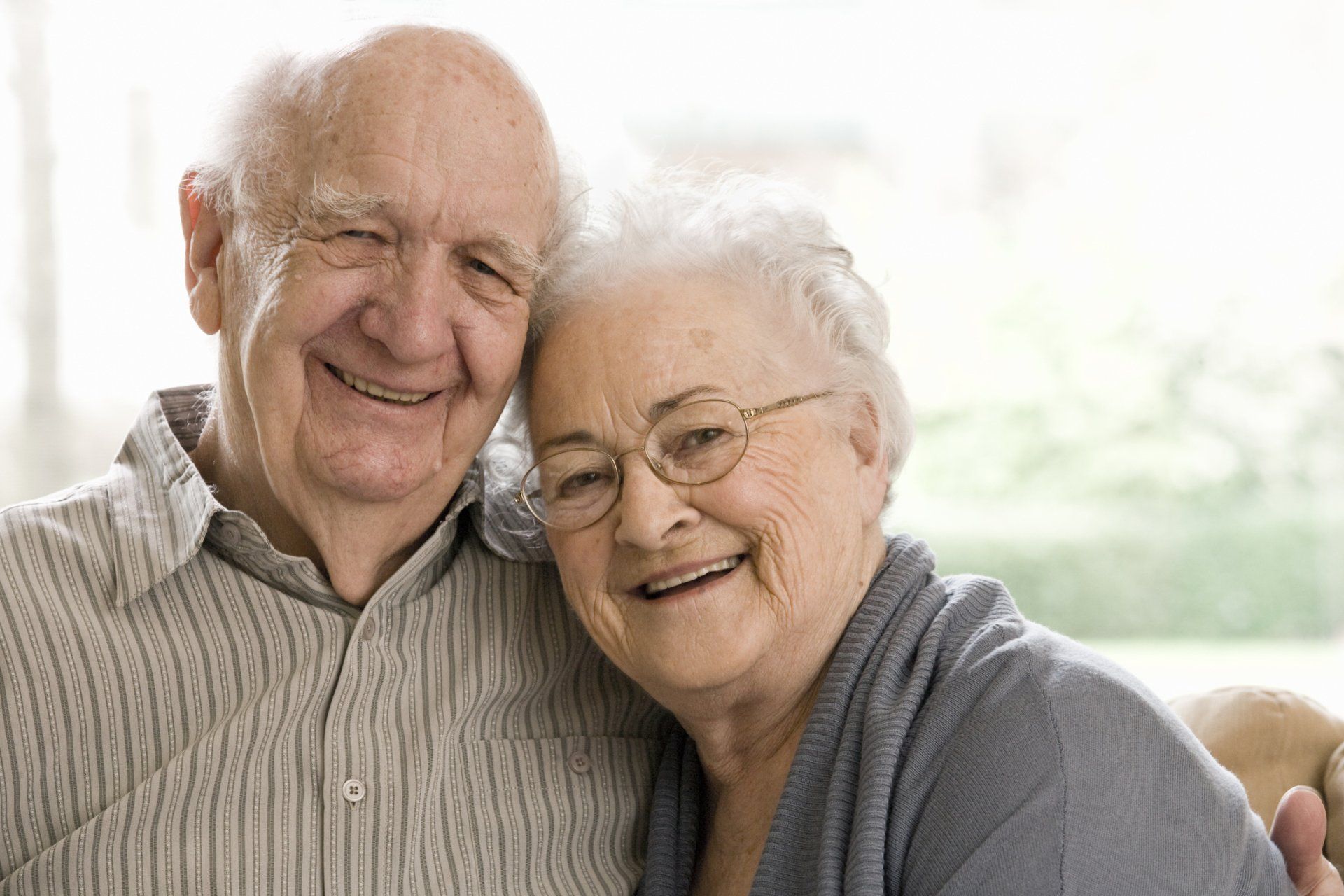Joyless | Mindless | Loveless Messages Exercise
Reconsidering early decisions that may be hurting relationships, health and happiness.
The Mission of PAIRS is to teach those attitudes, emotional understandings and behaviors that nurture and sustain healthy relationships and to make this knowledge broadly available on behalf of a safer, saner, more loving world.
Self Esteem
Nothing is more important to intimacy than your sense of self-worth. How you feel about yourself in relation to other people is a major factor in the quality of your intimate relationships. And trouble in a relationship almost always involves a problem with self-esteem.
PAIRS Tool Kit for Restoring, Revitalizing and Rescuing Love Relationships Because No One Knows You Better than You
To have a sense of self-worth, you need to believe that you are both lovable and good enough. As a child growing up, you must be validated in two areas to feel good about yourself. First, you need to feel good about your mastery of the world, your competence -- your ability to do well in school or in athletics, to cook or ride a bike or fix an engine or make use of other skills. The attention and approval you receive from your parents and other adults, as a child, helps you develop confidence in your ability to cope with the world.
You also need to feel that you are lovable whether or not you are competent; that you are, just for existing, worth being loved. When your lovability is validated, you grow up feeling confident about yourself as a man or woman, as a sexual being, and as a friend--as someone who is desirable to spend time with and confide in.
What often happens is that we get validated in one area and not the other; we are validated for our good grades in school, for example, but not for being pretty or handsome, or for feeling that someone would want to be with us. Men in particular often say, "I don't have doubts about myself. I'm doing well. I have a good job. I'm in a good position. I make enough money -- so I don't have any problems." when in fact they have often not been validated as a sexual, lovable person, someone with whom you would want to be close, who you would treasure and enjoy just as a human being, not for their achievements but because they exist. Unconditional love is that feeling one feels for a baby just because it exists; it's something every baby needs for emotional well-being. We continue to need this kind of unqualified love and acceptance as adults, but we need it especially when we are small. If we don't develop the sense that we are lovable creatures when we are children, forever after the question of our lovability becomes a crucial issue in our interactions with people.
In her book New Peoplemaking, Virginia Satir tells a story about a huge three-legged cauldron that sat on the porch on the farm she grew up on. At different times of the year there were different things in the pot. In the summer, her mother used it to make stew for the farm workers who did the threshing. In the winter, she used it to make soap. And in the fall, her father used it to store manure for her mother's plants. So the question around the house tended to be; what's in the pot and how full is it? Obviously when it was full of soap or fertilizer, it wasn't going to hold stew. Each of the things had a value of its own, but when the pot was full of one thing, there was no room for anything else. Virginia adapted the pot image to be the measure of self-worth, for which the appropriate question became: "What's in your pot and how full is it?" Within yourself you might have soup or stew, which is very nourishing, or soap, which is neutral, or manure -- and if someone gets near you, that's what's going to come out. Virginia talks not only about what's in your pot, but also, whether you are high pot or low pot: if you are low pot, you don't really feel good that day, and when you are high pot, you feel great.
PAIRS Talking Tips App Can Help You Learn to Ask for What You Want
That pot on Virginia's farm was never empty: it always had something in it. And your metaphorical pot is the same: it may be full of details of work or pleasure, or feelings of alienation, loneliness, or pain -- it may be full of emptiness, but within the self, there is always something there.
When you are "low pot" (when you don't have a lot of self-confidence), you tend to be so preoccupied with questions of self-worth that when you interact with someone else, especially someone who is important to you, you may not perceive what is going on very accurately. Your mind will be filled with questions about your sense of worth and lovability:
- Am I good enough?
- Will he like me?
- Will she want me?
- Do my feelings matter?
- Am I safe?
- Will I be attacked?
- Will I be hurt?
- Will I be laughed at or humiliated?
- Is it safe to ask?
When you are secure and feel good about yourself, you assume you will be seen as a person worthy of respect and consideration and will be treated well. What you bring to the interaction, then, is self-confidence--not bravado, but a solid sense of yourself as a worthwhile person. Responses between intimates are often distorted because of doubts one or both partners have about themselves. We react not to each other's words, but to the music beneath the words, or the music we read into the words. It's often not what is said, but what we read into an interaction that affects what happens, how we feel about ourselves and how we think we are being seen.
Self-confidence and insecurity tend to be self-perpetuating; they feed on themselves. For one thing, our self-image is important in how we interpret events: a smile that seems friendly to you may seem condescending to me, whereas a criticism that I intend as information may knock the wind out of your sails. For another, our self-concept affects the way people react to us. If I believe that I know what I am talking about, you are likely to listen to me with more confidence than if I am uncertain and insecure, and that will reinforce my confidence. If I doubt myself, you will pick up the verbal and nonverbal cues that signal my doubt -- no matter how I may bluster or pontificate or name-drop (all of which will tip you off that I'm not so confident as I'd like to appear).
When my self-esteem is solid, I can value my partner's unique qualities, without seeing individuality as a threat. If my sense of self-worth is low, I may marry for the wrong reasons. I may marry because of how my partner bolsters my ego, by admiring or flattering me. But if love or admiration appears to waver, or my partner shows interest in anyone else (flirts at a party, or goes to lunch with that a new colleague), or if the interest I feel from my partner seems to abate, I may be tormented by jealousy and suspicion. On the other hand, I may look to marry someone because she/he makes me look good, It can become very important for my children to make me look good. I then require that these people I am close to not be different from me, not show any real initiative, and present themselves to the world in the way I want them to be. People with low self-esteem tend to be very controlling.
Example: Charles married Sally, knowing she was dedicated to her career and needed to travel. However, shortly after marriage, he began to view her absences as an insult to him--feeling if he was important to her, she wouldn't travel. His pressure on her to stay home and the anger he expressed caused her to rebel against his control. Their marriage quickly became a battleground.
An interesting thing can happen when we pick partners who will make us look good: we tend to end up feeling bad because we eventually compare ourselves with them and they are obviously better than we are in some of the qualities for which we picked them. For example, shy people often marry people who are outgoing, who they think will bring them into the world and handle social activities for them. Then they end up resenting the very gregariousness they lack.
Example: June married Harold, admiring his social poise and his ease with people. When they sought professional help several years later for help with sexual problems, it turned out she had come to resent the very thing she'd used to admire. She compared herself to him and felt like a drudge. The issue manifested sexually in her loss of interest.
As time passes and circumstances change, if our self-esteem rises we may become disappointed in the partner we chose. Or if it declines -- which might happen if we lose a job, for example, or become ill, or disabled -- and we come to believe the worst about ourselves, we may find it hard to believe in our partner's love. Fantasizing about an affair that would bolster our declining self-esteem, we may project our own secret thoughts of proving our desirability onto our partner and begin to suspect him or her of infidelity!
When our self-esteem is solid the people close to us don't have to be an extension of us, so we don't see difference as an attack, or independence as a danger. We can value our partner's uniqueness and the qualities we don't have. Instead of competing with them, or suspecting them of blaming us, we can find them interesting.
Another facet of this is that when our self-esteem is not validated as a child, we may tend to look for surrogate parents everywhere. We often see friends, partners, and employers--even employees--as parents who will give us the approval we didn't have as children. At the same time, we tend to fear their becoming the critical, rejecting, blaming figures who were important to us when we were little. So when I talk at length about the importance of self-esteem it's because we've seen how many of our transactions with other people, even at work, are affected by what we experienced early in life with our parents and siblings -- or even with grandparents.
People who are addicted to "falling in love" are often simply searching for someone they can be loved by, because they don't love themselves very much. But it's an illusion to think of love as a cure for our inadequacies, and to think that the people you love can do for you what you can't do for yourself. To be able to love another person you first have to feel good about yourself. If you feel bad about yourself, you are so busy worrying about how you are going to be seen that you're really not free to reveal yourself or to confide in someone else. You have to get to the point where you can validate yourself, where you can literally exercise your own sense of your worth, lovability, creativity, and feelings of entitlement.
Our behavior depends on how we interpret what's going on, what we need at that moment and our wish to be loved and valued. What we have to remember is that we rarely see what is actually happening: we see only what we are prepared to see. Only a fraction of what is going on can enter our consciousness. We develop unconscious defenses that limit what we see, to protect our sense of "self". If we also remember that about our partner, it will help us communicate in such a way that our partner can "hear" what we are saying. Conflicts in relationships will often focus on differences on how we "see" things, but the underlying problems will almost always have to do with problems of self-esteem--with our desire to feel loved and valued, and the conditions that make this possible.
What often happens is that we become so afraid of damage to our self-esteem that our fear begins to run us: everything we do seems geared to avoiding fear or damage to our self-esteem. Our behavior can become safe and routine or belligerent, and by avoiding honesty and challenges we do not give our self-esteem a chance to grow.
Strengthen Goodwill
Improve Communication
No More Assumptions
Better Problem Solving
We Can't Bond By Ourselves
Download the Worksheet
Virginia Satir
Get Started
We will get back to you as soon as possible
Please try again later




